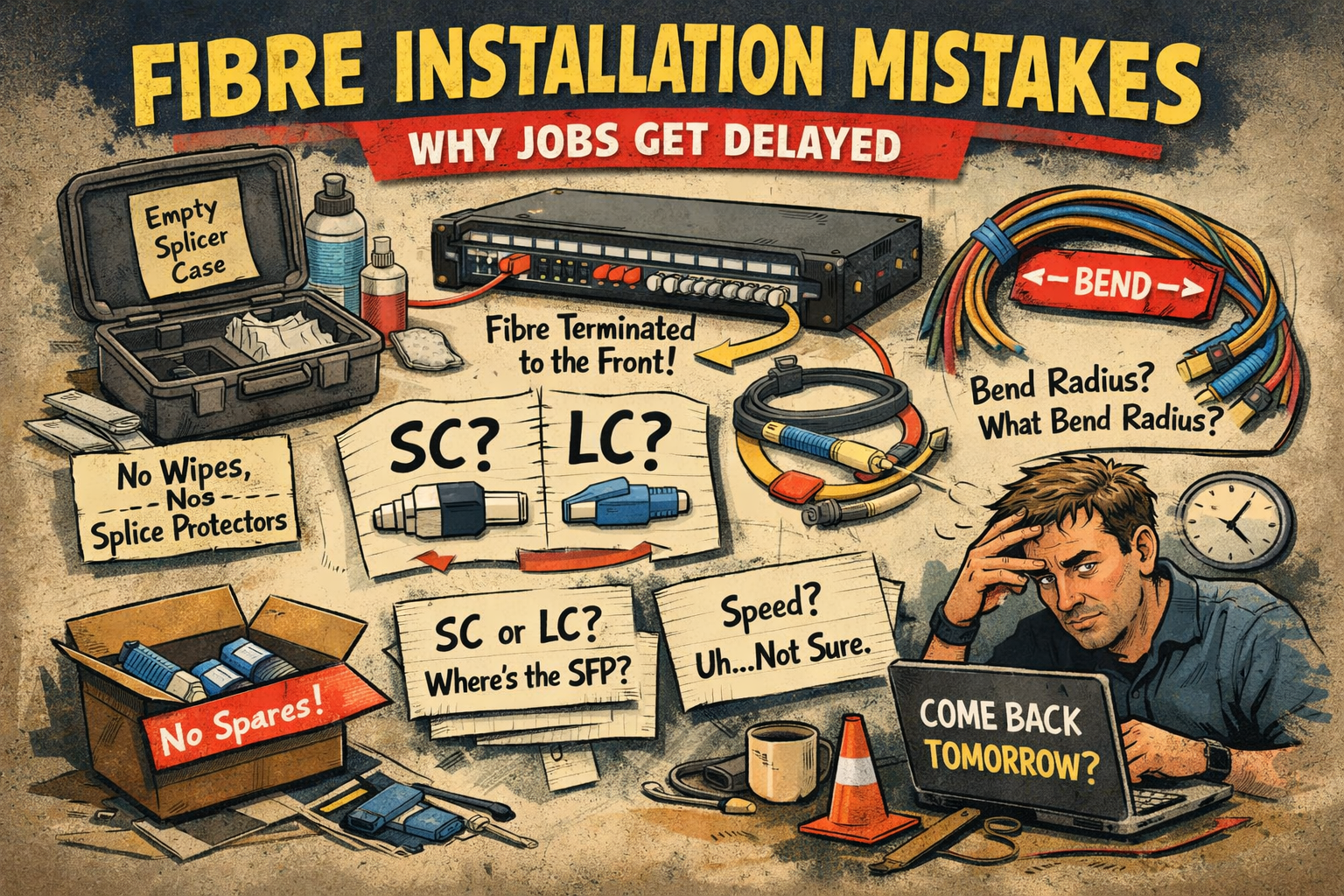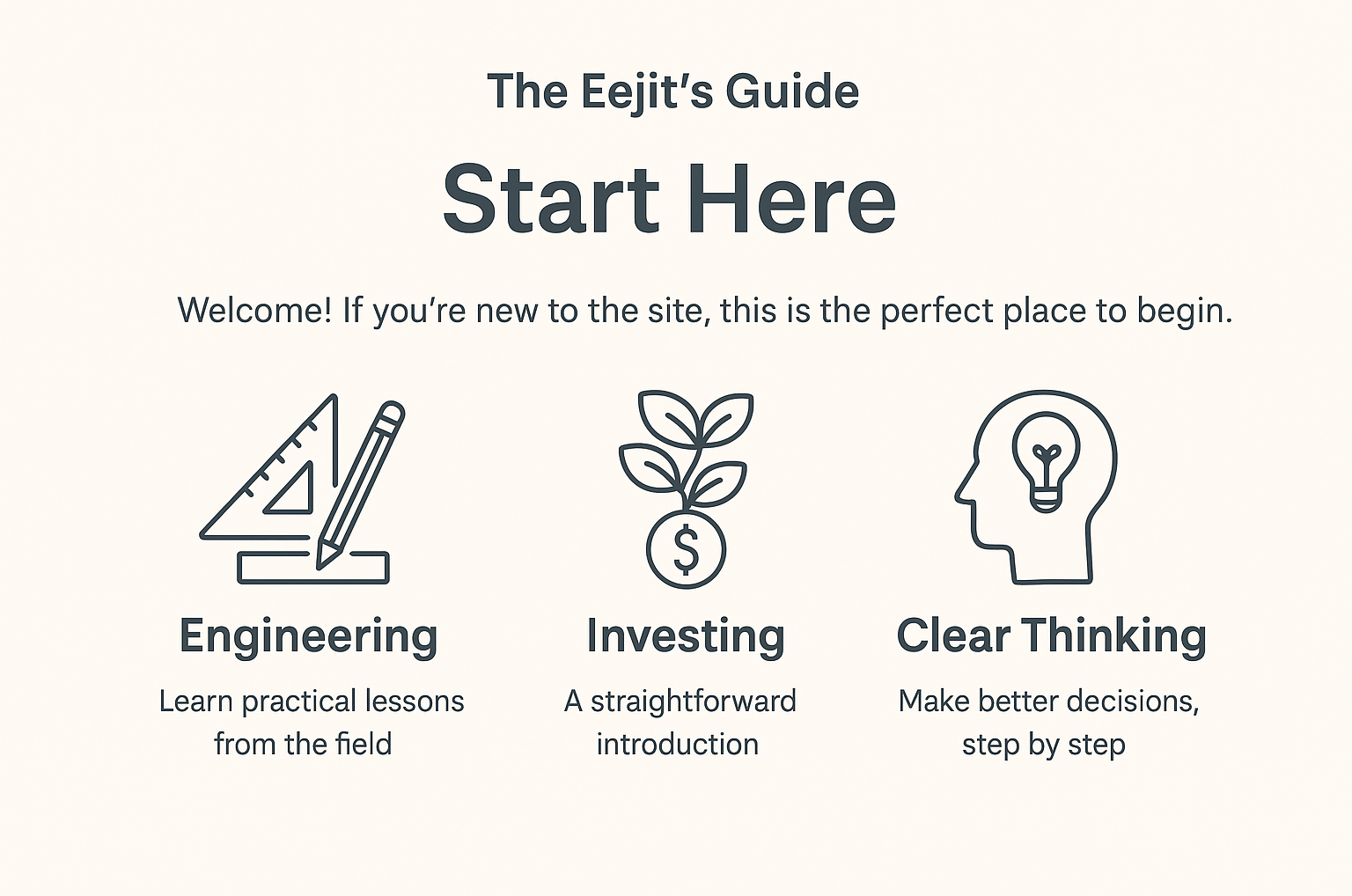Outline:
- Intro: Why Interviews Matter
- What Interviewers Are Really Looking For
- How to Prepare (Without Losing Your Mind)
- Common Questions & How to Nail Them
- What to Wear (Yes, It Matters)
- On the Day: What to Expect
- After the Interview: Follow-up Like a Pro
- Final Tips: Be Yourself, But Prepared
How Not to Make a Eejit of Yourself at Your Apprenticeship Interview
You’ve found an apprenticeship that doesn’t make you want to cry, result! But now there’s The Interview. Sweaty palms, dry mouth, brain turned to soup. Don’t worry, we’ve got your back.
Here’s your straight-talking guide to surviving (and smashing) your apprenticeship interview.
Why Interviews Matter (Even If You’ve Got No Experience)
Let’s get one thing straight: they’re not expecting you to know everything. That’s the whole point of an apprenticeship, you’re there to learn. What they are looking for is someone who turns up on time, listens, asks questions, and is genuinely interested.
What Interviewers Are Really Looking For
- Interest in the trade/industry (Why this and not something else?)
- A basic understanding of the role
- A decent attitude (Punctual, polite, prepared)
- Willingness to learn (Even if you’ve never held a screwdriver)
How to Prepare (Without Losing Your Mind)
- Research the company. What do they do? Who are their clients? Any recent projects?
- Understand the role. Read the job description properly. Twice.
- Plan your journey. If you’re late, that’s game over.
- Mock interviews. Practice with a mate, your mum, your cat, just say the words out loud.
Common Questions & How to Nail Them
- “Tell us a bit about yourself.”
Don’t go full autobiography, focus on what brought you here, what you’re into, and why this apprenticeship makes sense. - “Why do you want this apprenticeship?”
Mention your interest in the industry, eagerness to learn, and what you hope to get out of it. - “What are your strengths/weaknesses?”
Be honest but smart. “I sometimes take a bit long to get things perfect” > “I can’t be arsed sometimes.” - “Where do you see yourself in 5 years?”
Show ambition but keep it real. “Hopefully qualified, working full-time, maybe mentoring new apprentices.”
What to Wear (Yes, It Matters)
You don’t need a suit, but tracksuits and caps won’t fly. Clean shirt, tidy trousers, proper shoes. Look like you made an effort, because if you don’t, they’ll assume you won’t on the job either.
On the Day: What to Expect
- Nerves are normal. Take deep breaths. You’re not on trial for murder. Most interviewers will do their best to put you at ease. Remember that they might be nervous too!
- Be polite to everyone. Receptionist included, you never know who’s watching. You will be surprised what gets noticed!
- Be yourself. Just the switched-on version.
- Ask questions. Shows you’re interested, not just desperate.
After the Interview: Follow-up Like a Pro
Send a quick thank-you email (or message, if it’s a more casual place). It shows maturity and keeps you fresh in their mind. Something simple like:
“Thanks for taking the time to speak with me today. I really enjoyed learning more about the role and the company. Hope to hear from you soon!”
Final Tips
- Don’t blag — be honest about what you don’t know.
- Don’t mumble — speak clearly.
- Don’t panic — interviews are part of the process, not the final exam.
You’ve got this. And even if you don’t get the first one, use it as a learning curve. Interviews are like anything else, the more you do, the better you get.




Leave a Reply